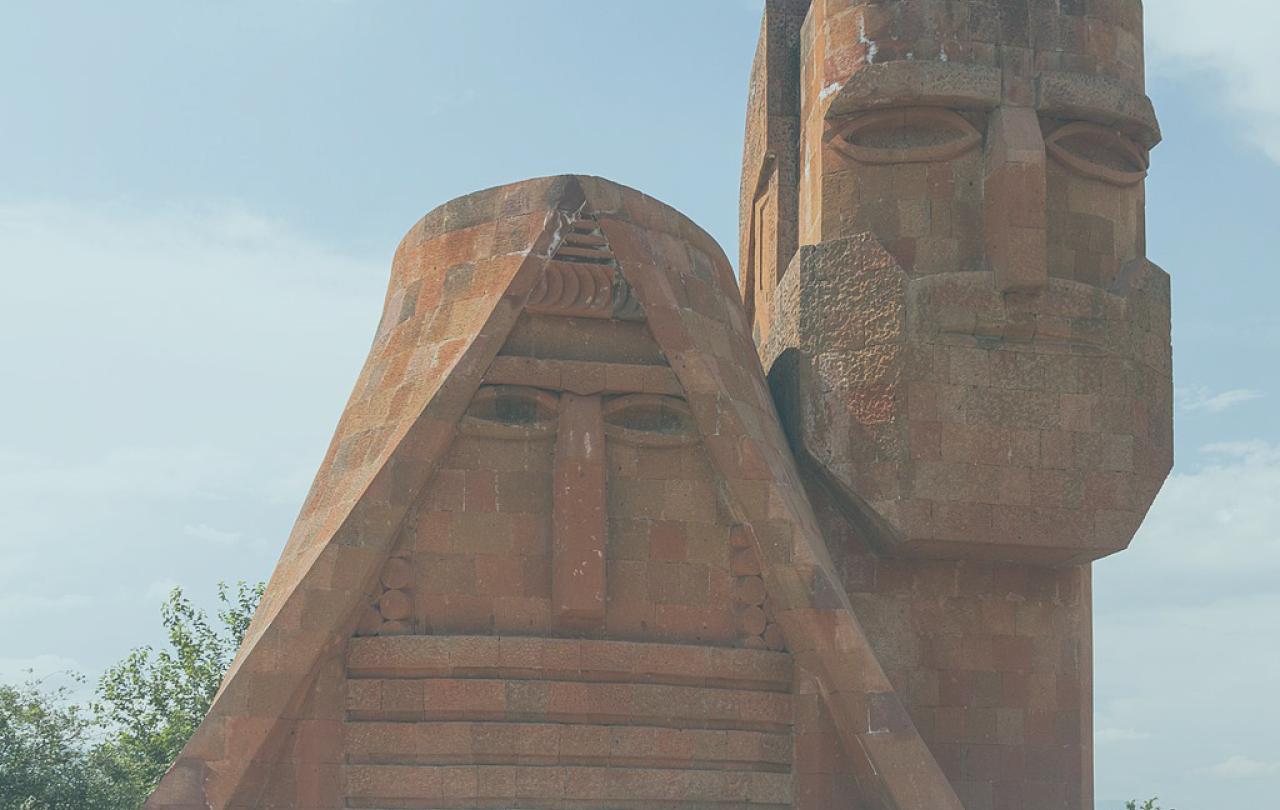
There is one particular quality of light that I love above all other. You get it most in autumn or in spring, the times when change is on its way. It is a slightly softened light, faintly blue, which lays a muting wash over a golden afternoon. It’s as if there’s a teaspoon of milk stirred into the clarity of a May morning, a gossamer veil across a long view. Edges are merged and brushed, brilliance blends to dreaminess. It is opal, not diamond.
We had light like that today, and it was just right in its gentleness. Because this morning we took the cardboard tube containing my cousin Billy’s ashes, and we poured them into the sea. His wife Sarah drove down from Edinburgh to join us in Northumberland, and we gathered on the shore in a place sheltered from the wind by the rocks. The Farne Islands were before us and to the north lay the blue bulk of Bamburgh Castle, with Lindisfarne – Holy Island – showing wreathed in soft haze further beyond that.
He was too young to die, Billy, at 51. Too gifted, too clever, too kind. It was pancreatic cancer that got him, and it got him fast. Eleven months between diagnosis and death, that’s all – and here we are, shocked and saddened. It would have been his 52nd birthday today. We have had cake and prosecco. And yet we are casting what remains of him into the water – a tidal pool washed by waves and weather.
It’s not without its funny aspects, this solemn occasion. Billy’s beloved dog Obi is with us, only just out of puppyhood, and like all vigorous young creatures is unimpressed by ceremony. He finds a decaying guillemot and begins messy chewing. We manage to get it off him, but only after a chase and much commanding. Sarah picks it up by the tip of its wing; it spreads open like a glossy black fan. She swings it into the water where Obi can’t reach it. He doesn’t care anymore as he’s just found the corpse of a seal and is going to roll… we put his lead back on.
Dead bird, dead seal, dead man. Living place though, restless foam-flecked ocean, wheeling seagulls, wind in our hair, the beautiful light pouring over us all. And a lot of love. We make a close circle round Sarah, our arms around her and each other, absorbing her grief, sharing our own. We can’t fill the empty space, the echoing chasm of loneliness – but we can head for the pub instead, to fill our more everyday chasms with Sunday lunch. Roast beef and Yorkshires please, for everyone, and sticky toffee pud to follow. Sadness is hungry work.
We are like figures in a painting trying to cling to others in the same painting, not understanding that we cannot be lost.
Later on, much later, when everyone is gone, there is a spectacularly gorgeous sunset. I stand in the harbour watching it, mother of pearl colours melting silently from west to east, reflected in the sea and in the wet sand. My chest and throat and face and shoulders ache with sorrow, and a man on a bench sees me and asks if I am all right. I tell him about Billy. He asks if I would like to hear a poem he has written for his friend, who is lying in hospital with his neck broken. It is about a potter, shaping and moulding wet clay, collecting up and reusing shattered shards, creating new pieces seamed with gold. It is nice. The man is nice. And I have a sudden overwhelming feeling of being held. That underneath everything – the man, Billy’s death, the colours, the guillemot, Sarah’s aloneness, the wide wild sea – is a perfect, powerful sureness, holding all in balance. Me included. I am not a spectator in this situation, I am a part of it, one little detail in an extraordinary masterpiece. I don’t need to clutch and grasp and hold on to things. None of us do – because all are part of the same whole. We are like figures in a painting trying to cling to others in the same painting, not understanding that we cannot be lost. Creation remains complete, even when the pieces move around within it.
It is a feeling of absolute reassurance. Thomas Aquinas (revered scholar of the ancient church) says that along with truth and goodness, beauty is one of the three Transcendentals, the unchangeable foundations of reality and the surest evidence of the divine. And it is so very peaceful there in the harbour – the huge luminous sky, wavelets hushing onto the sand, oyster catchers calling in their wild voices as they prepare for the night – that I am perfectly certain of the presence of God. So finally I can cry… for Billy, for Sarah, for my sadness. But mostly, simply, because it is too beautiful not to.

